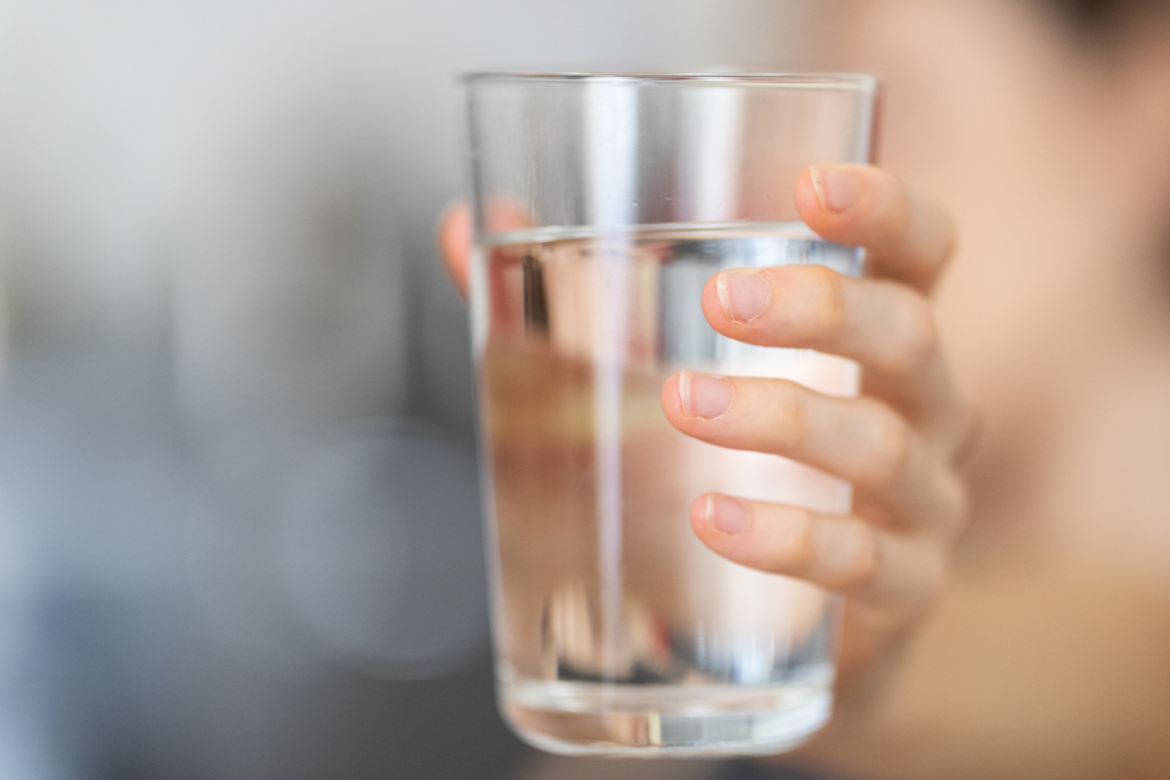When I ask my patients, “how much water are you drinking” the most common answer I get is “not enough.” So, how much is enough? And why is it even important to drink water? This will help you better understand if you are drinking enough water?
Why is it essential?
Every system in our body needs water to function. If we are hydrated, we function better and feel better. We’re constantly losing water through breathing, sweat, urine, and bowel movements so it’s necessary to replenish these losses daily. Water helps to:
- Lubricate joints, muscles, and membranous tissues
- Decrease constipation
- Maintain body temperature and blood pressure
- Deliver nutrients and oxygen to our cells
- Remove waste products
Outdated water recommendations
It was common to hear that everyone needs eight glasses of water every day. This is based on a recommendation from the 1940s that was slightly misinterpreted and not evidence-informed. It was a generalization that, although not unreasonable, was intended for the majority of fluid intake to come from food sources vs. exclusively plain water.
Current recommendations
There still is not a hard and fast rule for water or fluid intake, however, there are helpful guidelines to follow. One guideline is urine color. You want your urine to be odorless and pale or light yellow. If it is darker or has a stronger odor, it’s time to have a glass of water.
If you want a specific number recommendation, you can use HALF of your body weight in OUNCES per day. For example, if you weigh 160 lbs, your recommended fluid intake would be 80 oz throughout the day.
Our thirst mechanism is also helpful in telling us when we need to have more water. If you’re thirsty, have some water. Of note, however, the thirst mechanism decreases in sensitivity as we get older, so it may not be an accurate predictor of hydration needs in an older population.
What counts toward fluid intake?
It does not have to strictly be plain water.
We get much of our fluid from water-rich food sources such as:
- Fruits
- Vegetables
- Soups
- Dairy
We can also get fluid from other beverages, just be cautious of sugar content.
- Milk
- Juices
- Teas and coffee
When might you need MORE water?
Whenever your body is losing more fluids than normal you might need to have some extra water or water-based fruits/vegetables.
Situations requiring more fluid:
- Hot, humid environments
- Exercising
- During pregnancy or breastfeeding
- Fever or illness with diarrhea or vomiting
Other indicators of dehydration
- Headache
- Muscle cramps or joint pain
- Fatigue
- Dry eyes, mouth, or skin
- Upset stomach
- Dizziness or lightheadedness
Bottom line
If you’re thirsty, drink water. If you’re in a hotter or more humid climate or exercising more, drink water. Monitor urine color and overall how your body is feeling. Your body will thank you!

